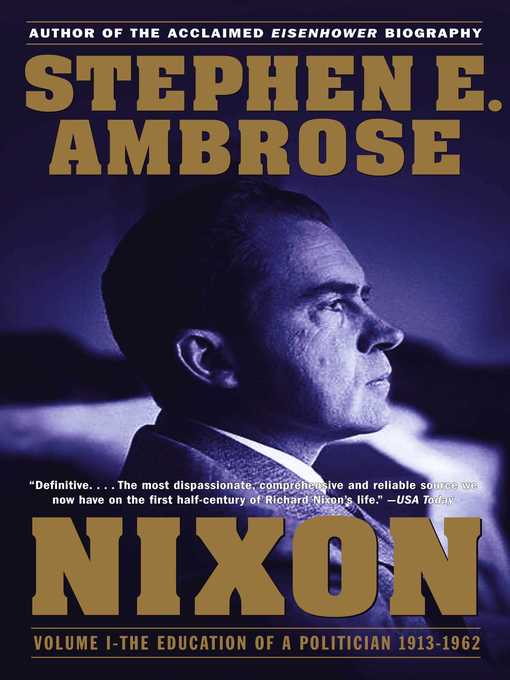- Available now
- New eBook additions
- New kids additions
- New teen additions
- Most popular
- Try something different
- Personal Finance
- See all ebooks collections
- Available now
- New audiobook additions
- New kids additions
- New teen additions
- Most popular
- Try something different
- Full Cast Audiobooks
- See all audiobooks collections
- Popular Magazines
- Just Added
- Cooking & Food
- Home & Garden
- Health & Fitness
- Fashion
- News & Politics
- Hobbies & Crafts
- Celebrity
- Technology
- Cars & Motorcycles
- Family & Parenting
- Sports
- See all magazines collections

